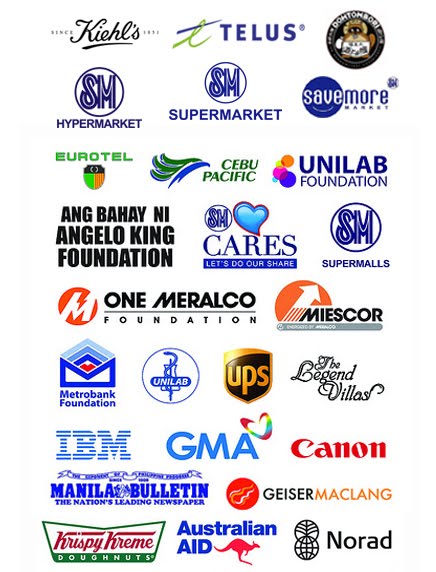By: Tiffany Tan, ASP Board Secretary
ASP representatives joined the 2nd Philippine Coalition on UN CRPD Training last July 14-16, 2011 at the Bayview Park Hotel, Manila. The Philippine Coalition on UNCRPD is tasked to make an alternative country report on the implementation and monitoring of the Convention of the Rights of Persons with Disabilities (CRPD).
 |
| Mr. Alex Cote |
On Day 2, the speakers and topics discussed on Core Issues of PWDs
· Core Issues for Sector: Analysis of Causes/Consolidation
· Formulating Recommendations for Core Issues
· Testimonial by Dr. Penny Bundoc, MD on Data Gathering in Health and Medicine, the Physicians for Peace Experience
To discuss the different CORE ISSUES of the Disabled Persons’ Organizations (DPO) present, Cote subdivided the group according to advocacies. The rational of this exercise was to identify the pressing issues of PWDs, to identify the reasonable expectations, create a new awareness on the needs of other PWDs.
The Parent Group was represented by Autism Society Philippines (ASP); Parents of Visually Impaired Children (PAVIC); Philippine Association for Citizens with Developmental & Learning Disabilities (PACDLD) and Olongapo City High School.
Among the group 3 were parents of CWDs (2 for Autism and 1 for Visually Impaired), one special education teacher, with Ranil Sorongon, ASP Executive Director as facilitator of the group.
 |
| ASP Executive Director Ranil Sorongon with other PWD Group |
Among the CORE ISSUES of CHILDREN WITH DISABILITIES, as stated in Article 7; the following were discussed:
1. Adequate Standard of Living and Social Protection (Article 28)
The rationale behind this article as the first priority- children who receive inadequate nutrition often lead to disability (eg. Intellectual disability due to iodine deficiency); living under unhealthy conditions lead to sickness or diseases (when a pregnant mother is sick, it is highly probable that she will give birth to a disabled child); lack of state assisted disability services.
2. Health (Article 25)
Lack of early detection and early intervention programs such as vaccines to address early childhood diseases (such as Measles, Mumps, Rubella); lack of information dissemination campaign of the New Born Screening Programs, especially in the rural areas; discrimination on health insurance; not including PWD in the Conditional Cash Transfer Program of DSWD.
3. Habilitation and Rehabilitation (Article 26)
The Philippine Charity Sweepstakes Office used to grant FREE evaluation and therapy services to CWDs. Recently, the services are lessened and confined to a small office located in the Quezon City Hall complex; unaffordable multi-disciplinary assessment (diagnosis and treatment) of CWDs; lack of training of professionals to address needs of CWDs
4. Education (Article 24)
Mass exodus of trained and licensed professionals who seek greener pastures; unaffordable multi-disciplinary assessment (diagnosis and treatment) of CWDs for placement in schools; lack of reasonable accommodation (citing lack of trained teacher as an excuse)
5. Participation in Cultural Life, Recreation, Leisure and Sport (Article 30)
CWD like other children must be given opportunities to join or watch in talent and cultural shows, enjoy leisure and recreational activities like watching movies, etc. However due to the inaccessibility of these facilities CWD can’t enjoy their right. Another is the attitude of people upon seeing CWD joining such activities.
Realizations and Learning
At the end of the discussions, the Parent Group reported their CORE ISSUES to the Visually Impaired or Blind Group. The “Blind Group”, headed by lead convenor, Lauro Purcil recommended including the Insurance issue in the alternative report. This can also be used as an advocacy tool for the Philippine Health Insurance Commission for amendments to harmonize with UNCRPD.
This cross-disability exercise helped the other groups empathize more about the needs of the other members of the disability sector, in order to gain another perspective on their issues.
The 3-day training is sponsored by the International Disability Alliance, (IDA) The Katipunan ng May Kapansanan sa Pilipinas, Inc. (KAMPI), Australian Agency for International Development (AUSAID) and the Christian Blind Mission (CBM) and Physicians for Peace.
Be an Angel for Autism. Donate generously to ASP Programs and Services. Donate to Autism Society Philippines Metrobank Kamias Branch 047-3-04751874-2. Email us at autismphils@gmail.com or call 7-903-5496.







0 comments:
Post a Comment